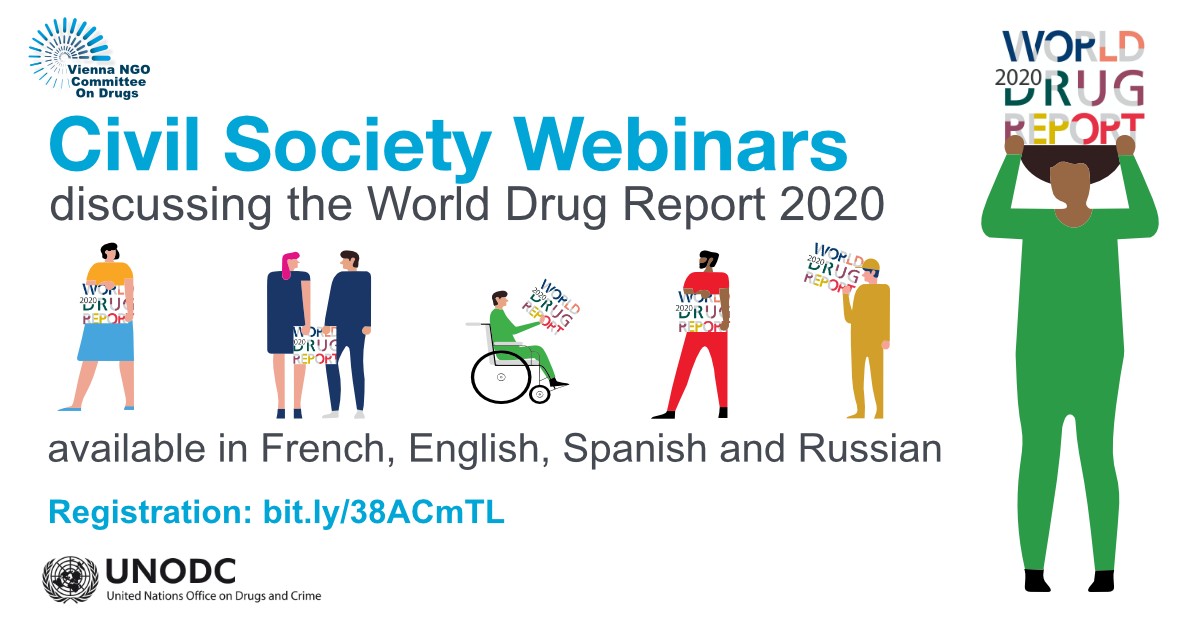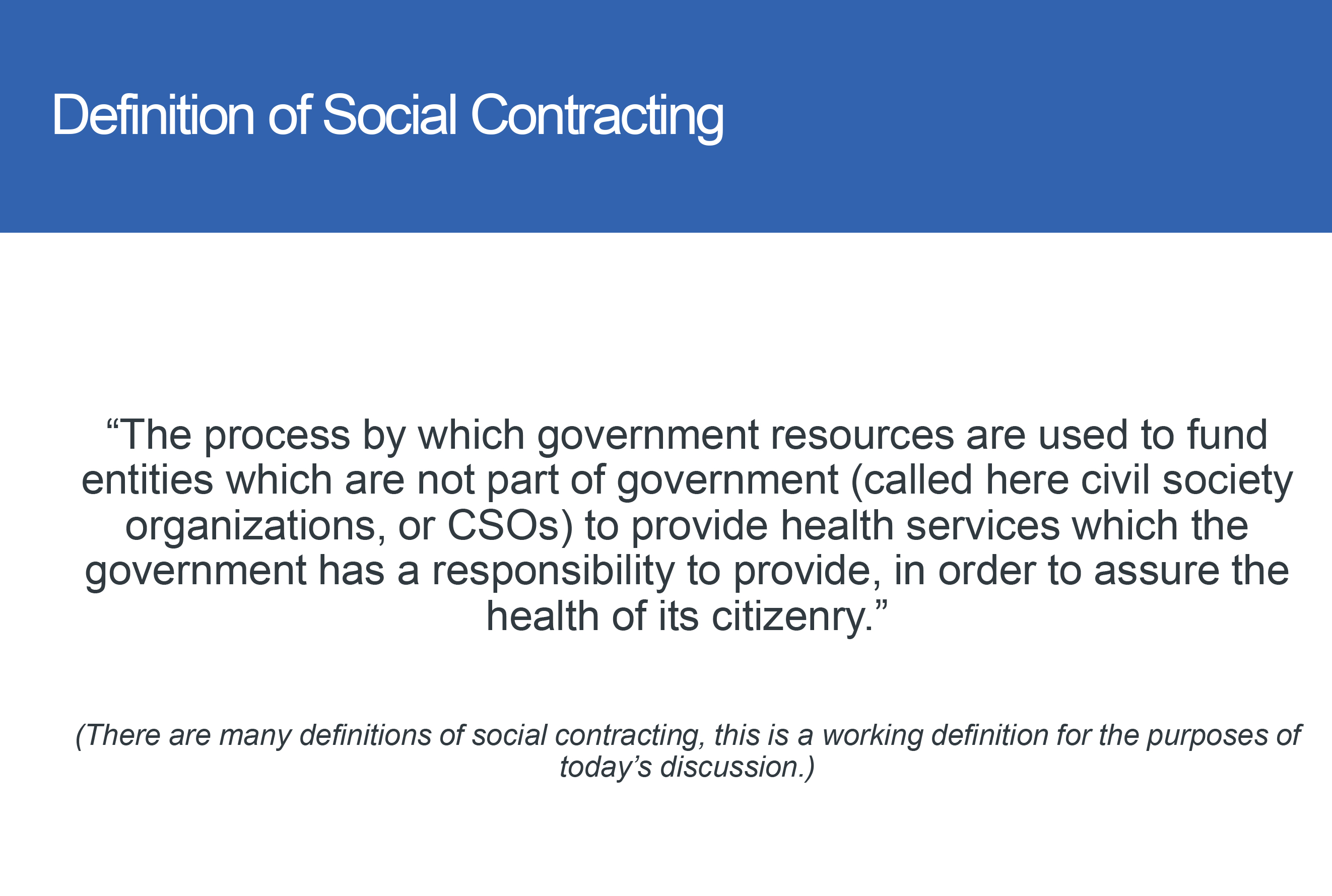The Eurasian Harm Reduction Association (EHRA) planned to conduct a 2-day regional workshop for activists and professionals from South East Europe countries “Gathering data on human rights violations and reaction mechanisms” on 18 – 19 March 2020, in Belgrade, Serbia. Unfortunately, due to coronavirus pandemic, the workshop was postponed for better times.
The organiser finally decided not to wait for better times and provide the opportunity to take part in a series of 3 short webinars in a new exciting format.
The webinars will be organized in zoom on September 16, 23 and 31 and will last for 2 hours each from 14:00 till 16:00 (Central Europe time, GMT+2).
Goal of the workshop is to equip activists and professionals in South East Europe countries with knowledge on principles and mechanisms of data collection on human rights violations against key populations and follow-up reaction.
Facilitators of the workshop will be Mikhail Golichenko, International Legal Consultant, Canadian HIV/AIDS Legal Network, and Maria Plotko, Program Officer, Eurasian Harm Reduction Association (EHRA).

Prior to each webinar you will be provided with 1-hour thematic videos/podcasts of experts dialogues, which you will examine beforehand, and during webinars we will jointly discuss them, answer your questions and work in interactive way.
Webinars will be open to all – number of participants is not limited!
The registration form will be published closer to the date of the first webinar. Please, follow the EHRA website for more information.








